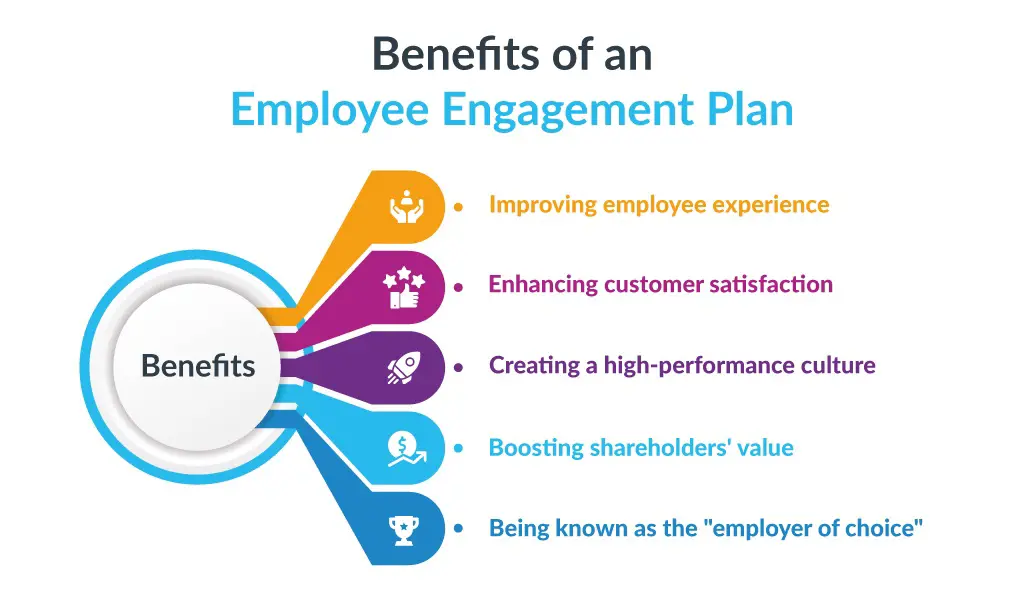Are these customer experience mistakes making your brand irrelevant?
Since shoppers place a premium on their interactions with a brand, how can you avoid customer experience mistakes to ensure your business thrives?

Today’s buyers value their experience with a brand over product quality and price. So, customer experience mistakes can turn away shoppers and leave your brand in the dust.
How can you dodge these pitfalls and ensure your business thrives?
We’ll answer that question. But first, let’s fully understand what customer experience means and why it’s crucial.
Key takeaways:
- Customer experience (CX) is an individual’s interaction with your business throughout their buyer journey, from when they first notice your brand to the relationship post-purchase.
- Studies show a direct correlation between CX and customer trust, business recommendation and customer loyalty.
- Have a customer-centric business model, meaning your target buyer is continually in mind, not the service or product.
- Engaged employees are a real asset because they are productive and suggest company improvements, all key to improving customer experience.
- Artificial intelligence can enhance the user experience and offload some of the workloads for agents.
What is customer experience?
Customer experience (CX) is an individual’s interaction with your business throughout their buyer journey, from when they first notice your brand to the relationship post-purchase. Numerous touchpoints shape their experience with your brand, including, but not limited to:
- A social media ad
- Talking in-store with a salesperson
- Browsing through your website
- Receiving email alerts on sales
- Product delivery and packaging
Are CX and customer service the same? No. Customer service is a single touchpoint of the overall customer experience and involves helping buyers when choosing a product or solving issues should they arise. While customer service falls under the umbrella of customer experience, it’s still vital in building a brand reputation.

Why is customer experience so important?
Customer experience matters. Note several statistics that demonstrate how positive customer experiences impact a business:
- Consumers are 2.6 times as likely to purchase more from a company after a 5-star experience compared to a 1- or 2- star experience.
- 86% of shoppers are more likely to trust a business after an excellent customer experience.
- 85% of buyers are most likely to recommend a business to their friends after an excellent customer experience.
The reverse is also true. Bad customer experiences result in buyers abandoning carts, switching brands, losing trust in a brand (which negatively affects brand reputation) and sharing their bad experiences with friends and family.
4 Customer experience mistakes to avoid at all cost
Now that we fully appreciate what CX is and how deeply it impacts a business, let’s review four customer experience mistakes to either address now or always avoid.
1. Not having CX as the top priority
As mentioned, customer experience isn’t just about providing excellent support. CX is an asset that can drive real commercial value to your business. But to do that, your business process must be a customer-centric one. What do we mean?
The customer-centric business has its target audience in mind, not its service or product. Look at the following table and note the differences in the approach of a company that isn’t customer-centric from one that is:
|
A non-customer-centric business… |
A customer-centric business… |
|
Asks how it can make the audience like its product or service |
Asks how it can make a product or service that fills a need or addresses a pain point for the target audience |
|
Focuses on itself when marketing |
Keeps focus on the customer when marketing |
|
Is reactive to customer needs |
Is proactive and anticipates customers’ needs |
2. Not having engaged employees
Employee satisfaction is when workers are happy with their job. However, employee engagement is the next level up. Not only are these workers satisfied with their jobs and don’t plan to leave, but they are passionate about what they do. These employees are a real asset. They are productive and suggest improvements, all key to improving customer experience.
How can you promote employee engagement? Hold monthly or quarterly surveys asking for employee feedback. Then, where feasible, address employee concerns. More importantly, let the employees in the organization know of the issue raised and how you handled it. That way, employees will feel heard and are more likely to be engaged. Sometimes the problem may mean a change in company culture and may involve training.

3. Not being available for your customers
You need to be available to your customers anytime and anywhere. Do you currently have any of the following:
- A telephone number that customers can only call during certain times?
- A “Contact Us” form as the only means of customers reaching you?
- Visiting a physical store as the only means for shoppers to receive customer service?
If so, expand your service to make your company reachable 24 hours a day, seven days a week. How can you be ever ready to assist your customers? Artificial intelligence can enhance the user experience and offload some of the workloads for agents. Chatbots are very popular because they can handle straightforward tasks like:
- Assisting customers in finding the product best suited for them
- Providing immediate answers to basic consumer questions and issues
- Automatically processing item returns
Make chatbots available across every digital channel. Then, have agents ready to handle the more challenging customer issues.
4. Not addressing customer issues
Regarding handling customer issues, ensure your agents resolve them swiftly and satisfactorily. Mistakes can happen, but how you resolve them can make or break an experience. Customers will not only drop a company after a bad experience, but they will tell their friends and family. They can take to social media or review sites to share their frustrations, reaching hundreds or thousands of potential customers.
Use customer insights from data analytics to uncover and resolve issues before they escalate. And address issues if a customer reaches out.
Partner with Optimizely to deliver superb customer experiences
Whether planning your marketing strategy, developing your content management system (CMS) or dissecting customer data, Optimizely helps you take charge to provide excellent customer experiences. Our cloud-based solutions and our team of experts are here to streamline your business process to obtain maximum results.
Contact Optimizely today to take your CX to the next level.
